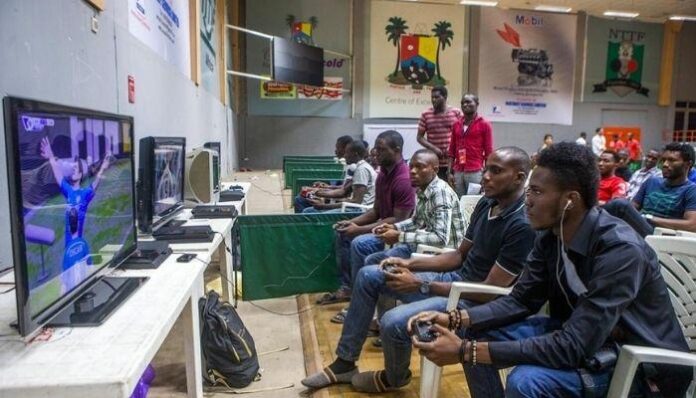A new report by the Entertainment Software Association (ESA) has revealed that the typical gamer today is far older than most people assume.
According to the Global Video Games Report 2025, titled Power of Play, the average age of a gamer is now 41 years old.
The ESA conducted one of its largest studies to date, surveying 24,216 players aged 16 and older across 26 countries in North America, Europe, Africa, and Asia, including Nigeria, South Africa, Egypt, and Saudi Arabia.
The research focused on why people play, how they play, and what they gain from gaming.
In the United States, 56 percent of respondents said they were 45 years or older, while China reported the youngest average age at 32 and Italy the oldest at 50.
The report found that 66 percent of people worldwide play video games, mainly for entertainment and mental wellbeing. 55 percent said they play to relax and relieve stress, while 45 percent said gaming helps them stay mentally sharp.
Many players also noted that video games help them build positive connections with family, friends, and online communities; an important aspect in an increasingly digital and isolated world.
When it comes to devices, mobile phones are the preferred platform for 55 percent of gamers globally, followed by computers or laptops (21 percent) and consoles or handheld devices (21 percent).
In Nigeria and other developing markets, mobile gaming continues to grow rapidly due to the wide availability of smartphones and affordable internet access.
Globally, the most popular game genres are action, puzzle, fighting, shooter, and sports, with racing, strategy, and role-playing games also maintaining strong followings.
The ESA’s report also revealed the educational and professional benefits of gaming.
Half of all respondents (50 percent) said playing video games has positively influenced their education or career, helping them develop technical and behavioral skills such as problem-solving, teamwork, and leadership.
The study added that many organizations are now using video game simulations to train workers in high-stakes fields, allowing them to build critical skills in realistic environments without real-world risks.



